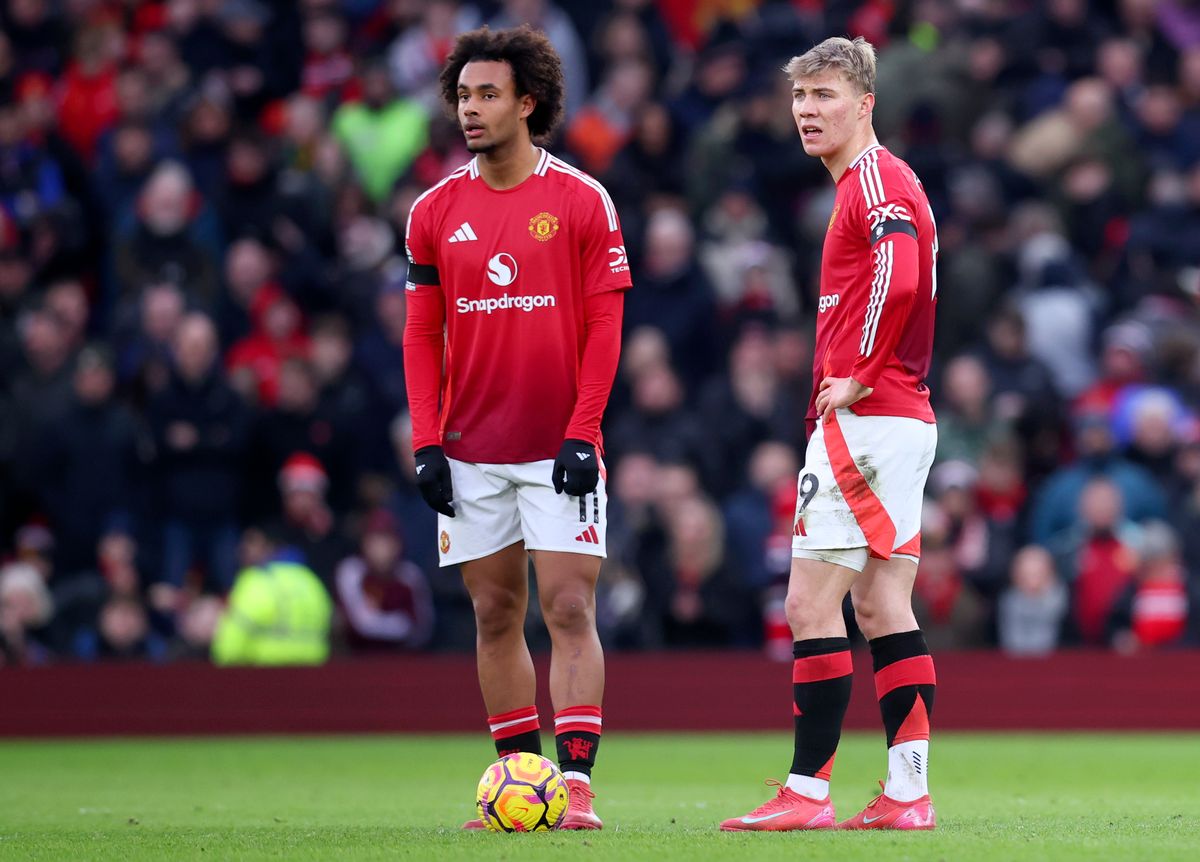Manchester United’s failure to sign a much-needed striker on transfer deadline day has raised questions about the club’s ambition, but financial caution ultimately dictated their approach.
Despite head coach Ruben Amorim making it clear that attacking reinforcements were essential, the club’s hierarchy opted against any last-minute deals, prioritizing long-term financial stability over short-term fixes. The decision leaves United reliant on their existing options for the remainder of the season, despite ongoing concerns over their attacking output.
The January transfer window saw United bolster their defense with the arrivals of Patrick Dorgu from Lecce and Ayden Heaven from Arsenal. However, the lack of a new striker remains a glaring omission. Rasmus Højlund and Joshua Zirkzee have managed just five goals between them this season, a statistic that underscores United’s struggles in front of goal. With only four Premier League teams registering fewer goals than United this term, the need for attacking reinforcements was evident, yet club officials ultimately resisted making a move.
United’s reluctance to pursue a striker stemmed from financial constraints and a cautious transfer strategy. The club’s decision-makers were unwilling to commit to costly short-term deals, such as paying high loan fees for unproven talents without a purchase option. Bayern Munich’s Mathys Tel was linked, but the financial package required to secure his services proved a stumbling block. Instead, United’s leadership believed that delaying their search until the summer would allow for more strategic signings that align with Amorim’s long-term vision.
Advertisement
Latest Press Conference
We’re on Social Media



The club also pointed to significant financial maneuvers made elsewhere in the squad, particularly in offloading Marcus Rashford and Antony on loan. Both players were sent out with Aston Villa and Real Betis covering a major portion of their wages, easing United’s financial burden. With the club operating under the constraints of the Premier League’s Profit and Sustainability Rules (PSR), the focus remained on balancing books rather than making reactive signings that could disrupt their financial recovery plan.
Despite his frustrations, Amorim acknowledged the complexities of the January window and the risks of making rushed decisions. Speaking on deadline day, the United boss emphasized the difficulty of finding quality players mid-season, while reiterating the club’s commitment to improving performances. “We are trying everything to improve the team without making mistakes of the past,” he stated. “We know the urgency, but sometimes it’s just not possible.” His comments suggest an understanding of the club’s financial predicament, though they do little to ease concerns over United’s attacking struggles.
With the window now shut, United must find solutions within their current squad. The pressure is on Højlund and Zirkzee to deliver, while Amorim will need to maximize the creative output of his midfield to compensate for the lack of a new forward. The decision to delay striker reinforcements until the summer will only be justified if United can salvage their season and secure European football. Otherwise, questions over their ambition and transfer strategy will only intensify.
